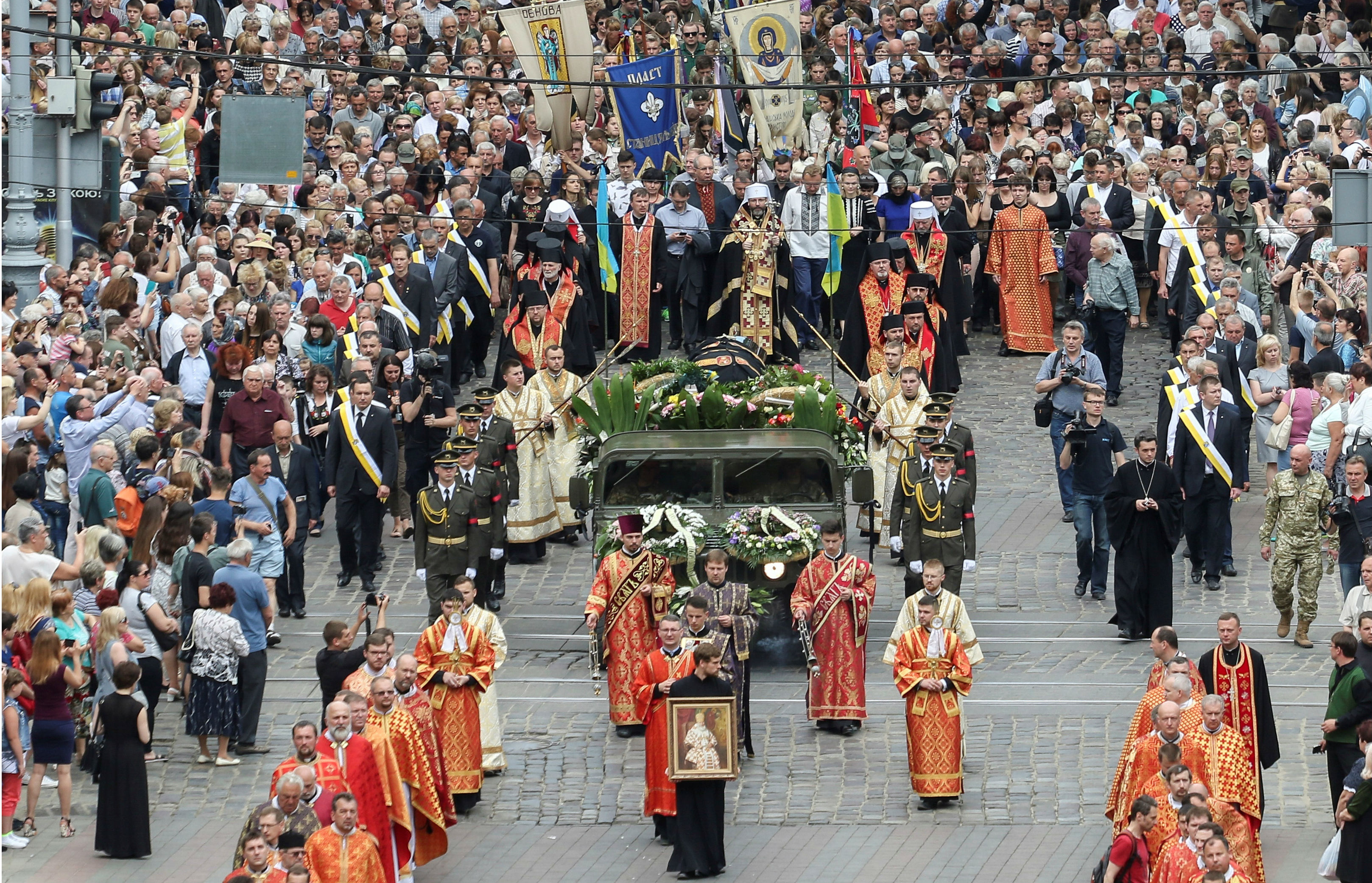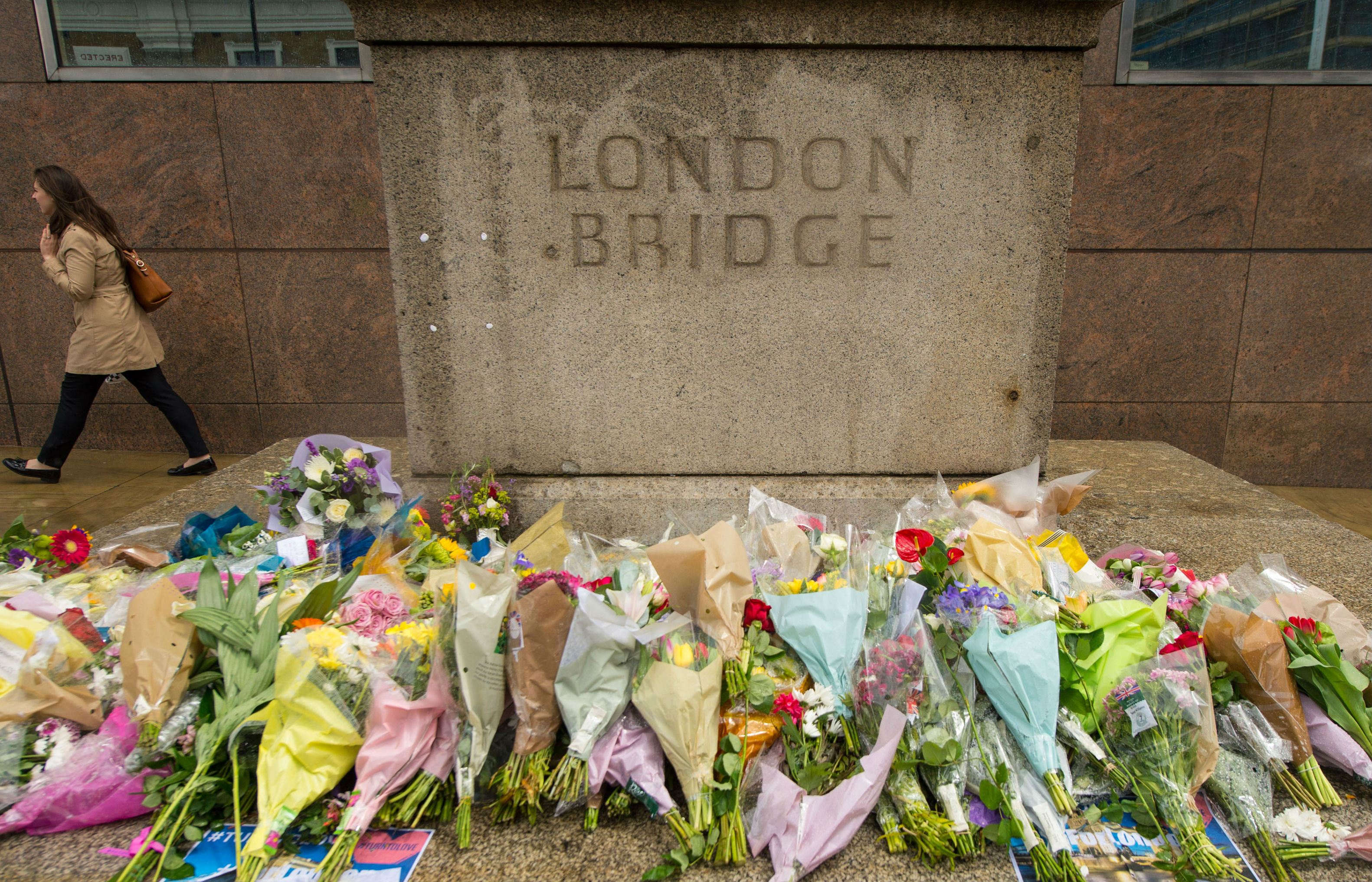There are no easy answers or quick fixes to the “outrageous blasphemy of terrorism,” but we each have a part to play in the action that is needed to find solutions, the Auxiliary Bishop of Westminster, Dr John Wilson has said in the wake of the London Bridge attack.
Eight people were killed and 48 injured in the attack which began just before ten o’clock last Saturday night. Police shot dead the three attackers.
“The religious beliefs of others must be understood, not disparaged in tones of disdain or mockery. This is our shared responsibility, part of our personal contribution to the fight against extremism,” Dr Wilson said in an article for The Tablet. “Terror wins when suspicion corrodes our common humanity.”
In finding a way to challenge what he called these “dangerous ideologies and false theologies,” the bishop highlighted the importance of working with and creating a space for those who he said, “are best placed to uproot this poisonous weed.”
The Archbishop of Canterbury, Justin Welby, said religious leaders must take responsibility for countering actions by people in the name of their faith, in his response to the attack.
Throughout the last 500 years “religious traditions and scriptures have been twisted and misused by people” to justify violence, the Archbishop told BBC Radio 4’s Today programme.
He said that sometimes the way in which religious leaders of all the major faiths have behaved “permits and occasionally encourages that.”
“If something is happening within our own faith tradition, we must take responsibility for being very, very clear in countering it.”
Politicians should not just say “this is nothing to do with Islam,” according to Archbishop Welby, who added that the ideological basis of the challenge should not be overlooked. “I don’t think it is getting us anywhere, just like saying Srebrenica had nothing to do with Christianity”, he said.
One of the big challenges, the Archbishop said, is “the lack of religious literacy” among some of those people who are dealing with the terrorist threat. They often don’t understand the impact faith has on people’s lives and are “unable to put themselves in the shoes of religious believers,” he explained.
What was clear over the weekend, he added, was “the extraordinary level of condemnation by every significant Muslim leader we know.”
More than 130 imams and Muslim religious leaders have said they will refuse to say prayers for the perpetrators of Saturday’s attack. In a highly unusual move, Muslim religious figures from across the different strands of Islam said they believed the attackers “indefensible actions” are completely at odds with the teachings of Islam.





 Loading ...
Loading ...